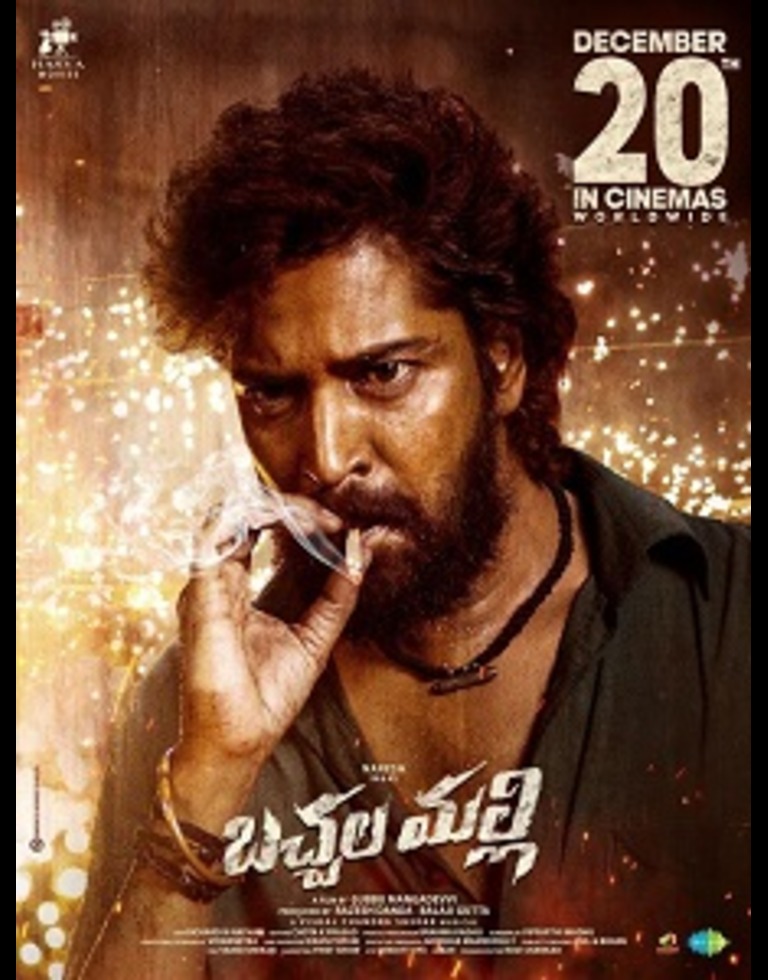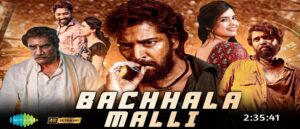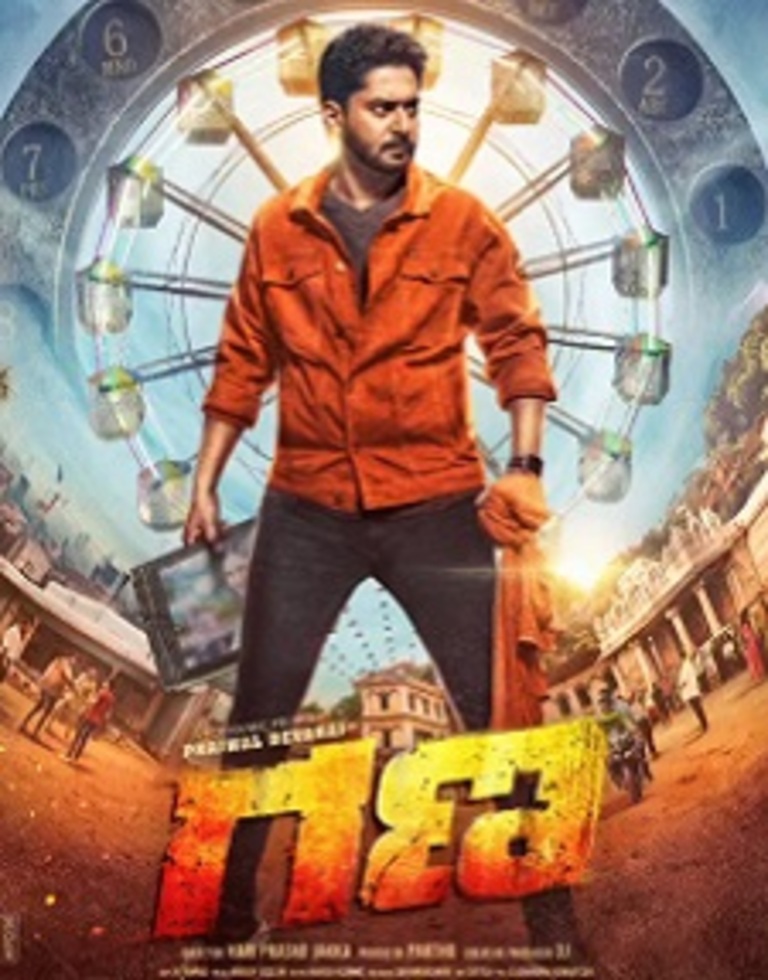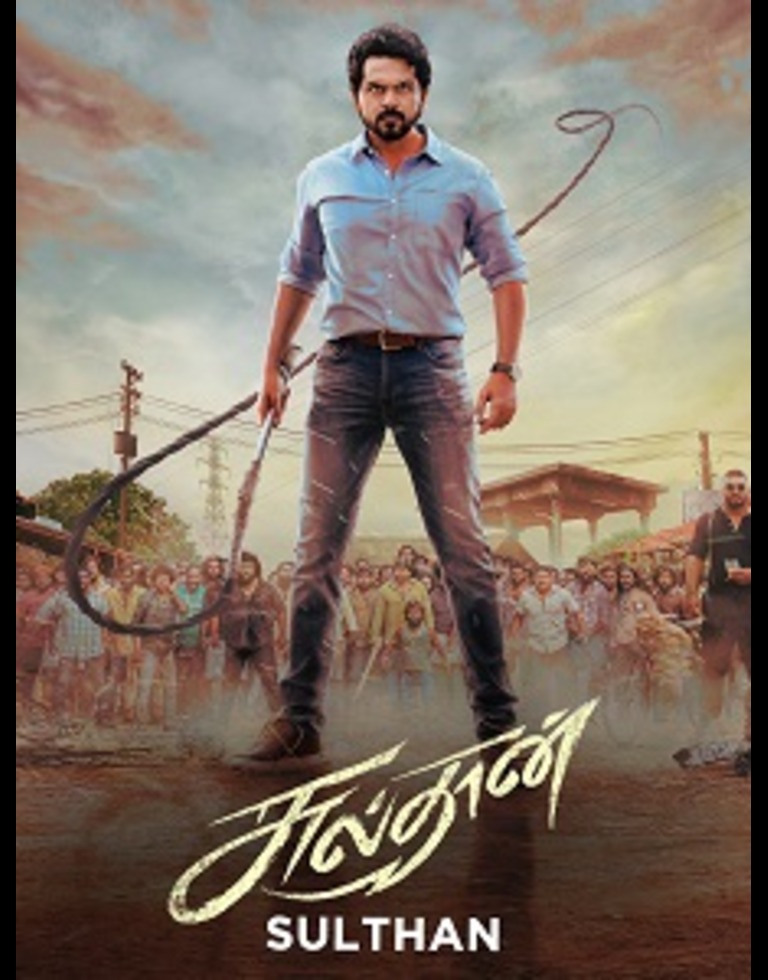

Bachhala Malli is a poignant drama that explores the entangled lives of two women from different worlds, united by loss and the quest for redemption. Directed by Arjun Dasgupta, this film delves into themes of motherhood, faith, and identity, weaving a delicate narrative through emotional beats and quiet tension.
🎭 Premise & Plot
Set against rural landscapes and city limbo, Bachhala Malli follows two central characters:
-
Malli (Ayesha Rao), a village healer and single mother who lives in a secluded hamlet, helping locals with traditional remedies and herbal medicines.
-
Bachhala (Neha Kapoor), an urban journalist recovering from a personal tragedy—a miscarriage and the breakdown of her marriage—who returns to her ancestral village in search of roots and solace.
When Bachhala arrives to write a story about disappearing folk traditions, she encounters Malli’s quiet world. Initially skeptical, she becomes drawn into Malli’s healing rituals and the villagers’ deep roots in age-old customs. Malli, wary of outsiders, gradually softens as Bachhala seeks guidance—not just for her article, but to heal her emotional wounds.
Their bond grows through shared tears and silent understanding, culminating in a tense drama when a sudden illness affects Malli’s only child, forcing Bachhala to question modern medicine vs. folk remedies. The narrative builds as both women confront grief, guilt, and the limits of belief.
👩🏭 Performances
-
Ayesha Rao delivers a heartfelt performance as Malli. Her embodied presence—calm eyes, measured gestures, and the way she carries her traditional toolkit—speaks volumes. She captures the wisdom of rural life and the burden of being the sole caretaker.
-
Neha Kapoor excels in portraying Bachhala’s inner turmoil. Her subtle shifts—from journalistic detachment to emotional vulnerability—are convincing. The actress navigates Bachhala’s journey from grief to awakening with delicate clarity.
-
Supporting cast, including Malli’s elderly mentor (Vinod Singh) and a local schoolteacher (Priya Nair), add warmth and texture. Their interactions—oblique advice, sharing stories of past spirits, or offering meals—create a believable village ecosystem.
🎥 Direction & Script
Arjun Dasgupta’s direction is gentle and assured. He foregrounds stillness, letting scenes breathe—languid daylight through banyan trees, the steam of herbal concoctions in a clay pot, sermons whispered in half-lit homes. The pacing mirrors rural rhythms, slow yet purposeful.
The screenplay balances its dual narrative deftly, never turning Bachhala into a savior figure. Instead, it positions both women as learners—each seeking something the other carries within. Scenes where Bachhala’s urban skepticism clashes with villagers’ faith are handled without judgment, allowing viewers to draw personal interpretations.
A standout moment is Malli guiding Bachhala through a healing ritual for her own emotional wound—a visually arresting sequence where incense, chants, and tears converge, emphasizing unsaid pain.
🎶 Sound & Visual Style
Ambient sound—rustling leaves, distant temple bells, the gurgle of a river—plays a central role. There’s no intrusive musical score; instead, subtle flute motifs and gentle harmonium chords underscore emotional highs.
Cinematographer Ravi Kamath imbues the film with soft, natural light. Rural exteriors are bathed in golden hour tones; interiors remain earthy and dim, reinforcing intimacy. Wide shots capture the village’s serene plight, while close-ups reveal tears, cracked lips, and hesitant smiles—emphasizing emotional depth.
✔ Strengths & ✖ Weaknesses
Strengths:
-
Emotional authenticity: The central relationship feels earned, avoiding melodrama.
-
Strong female characterization: Both leads are multi-dimensional and empathetic.
-
Subtle storytelling: Small moments—the passing of herbal mixtures, hesitant glances—carry emotional weight.
-
Visual atmosphere: Cinematography and sound design enhance the film’s immersive, meditative tone.
Weaknesses:
-
Deliberate pace: The slow build may test viewers seeking conventional drama or fast plot progression.
-
Predictable beats: Themes of urban-skeptic-meets-rural-wisdom follow familiar arcs; few surprises emerge.
-
Undeveloped subplots: Some supporting characters, like the journalist’s estranged husband and a local schoolgirl, hint at larger stories that never fully unfold.
🎯 Final Verdict
Bachhala Malli (2024) is a quietly compelling drama that thrives on empathy, tradition, and understated performances. It’s a film of small revelations—grief eased by shared space, trust built through ritual, healing found in unexpected forms.
While its pacing and thematic familiarity may not appeal to all, those who embrace its reflective tone will appreciate its emotional sincerity and cinematographic warmth. It stands as a thoughtful exploration of cultural continuity, female solidarity, and the ancient conversation between modern pain and traditional solace.



